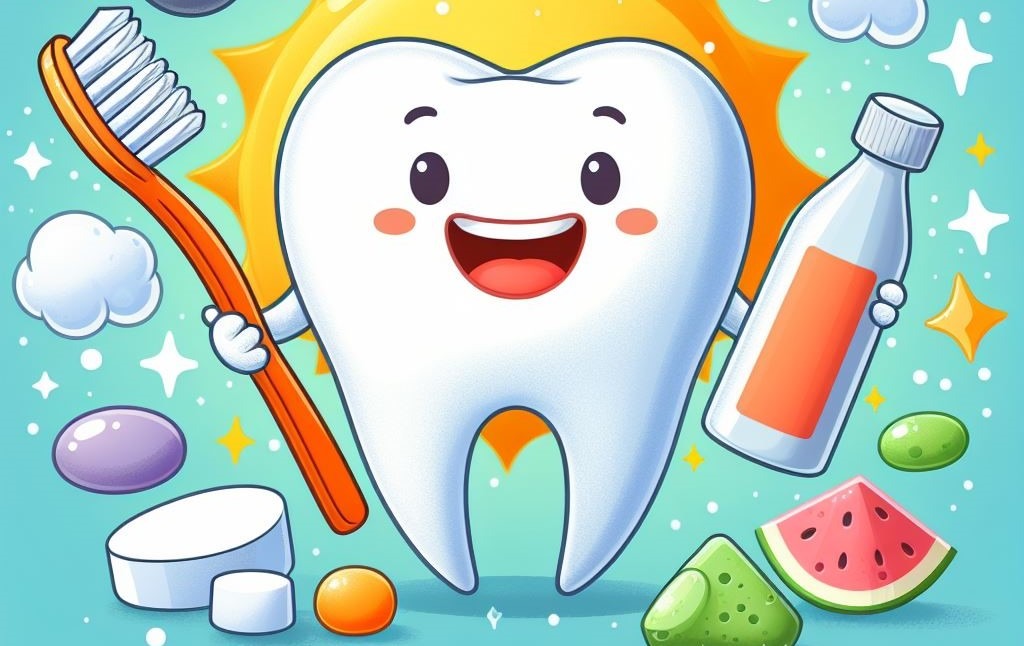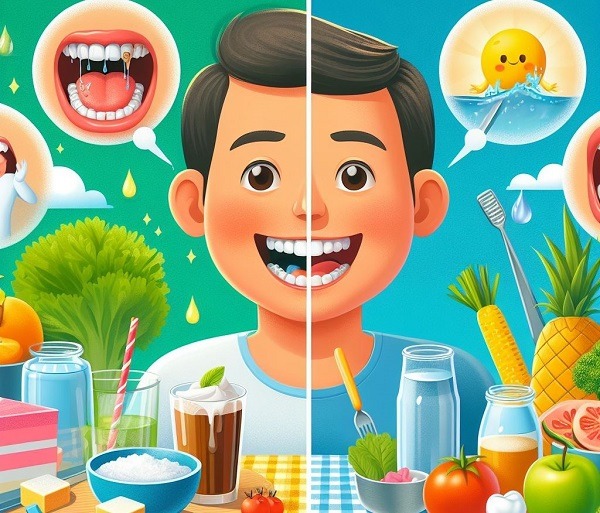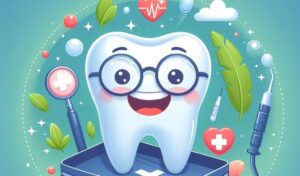Hey there! Ever thought you could remineralize teeth naturally, without running to the dentist or loading up on chemicals? Sounds a bit like a fairy tale, right? Well, buckle up because we’re about to dive into how this isn’t just a fantasy. It’s real, and it’s spectacularly simple.
What Does It Mean to Remineralize Teeth Naturally?
Teeth can repair themselves through a process called demineralization. Remineralization is your teeth’s way of fighting back against the daily wear and tear. Every day, our teeth lose minerals due to eating acidic foods or the action of bacterial acids.
Remineralization is the process where your teeth patch up those lost minerals, especially calcium and phosphate, to keep themselves strong. Think of it as your teeth’s natural healing process, mending the wear and tear and keeping them strong and resilient.
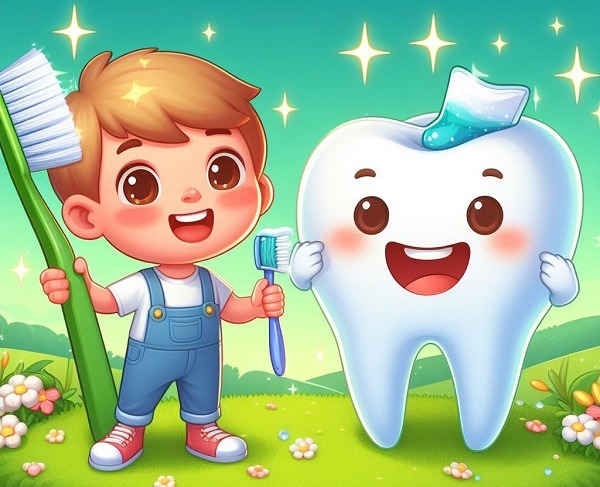
How to Remineralize Teeth Naturally?
To remineralize teeth naturally, focus on your diet for dental health. Use DIY Remineralizing Toothpaste, Natural Supplements, and Herbs for Strong Teeth, chew sugar-free gum to boost saliva, and drink lots of water, Make sure Lifestyle Changes to Support Dental Health. Good oral hygiene and a nutrient-dense diet are key to strengthening enamel.
DIY Remineralizing Toothpaste
Let’s explore some DIY Natural remedies for teeth that can help to remineralize teeth naturally.
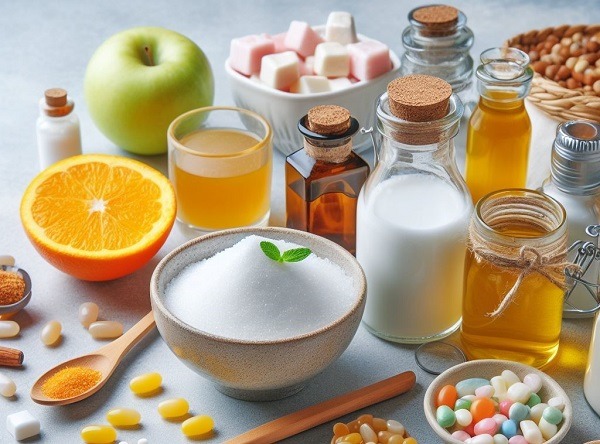
The Power of Baking Soda and Coconut Oil
One of the most straightforward and effective remedies you can whip up is homemade remineralizing toothpaste. The base ingredients? Baking soda and coconut oil. Baking soda is a gentle abrasive that helps remove plaque without damaging your enamel, while coconut oil is praised for its antibacterial properties.
To make this toothpaste even more effective, consider adding calcium powder to the mix, which directly contributes to the remineralization process.
Recipe for Success
Here’s a simple recipe to start with:
- 2 tablespoons of coconut oil
- 2 tablespoons of baking soda
- 1 tablespoon of calcium powder
- A few drops of peppermint oil for that minty freshness
Mix these ingredients until you get a paste-like consistency. Voila! You’ve just made your first batch of remineralizing toothpaste.
The Ancient Art of Oil Pulling
Oil pulling is an ancient practice that involves swishing oil in your mouth for 15 to 20 minutes to improve oral health. While it may sound a bit odd at first, many swear by its benefits, including reduced plaque and a lower risk of gum disease.
Choosing Your Oil
While there are several oils you can use, coconut oil is a favorite due to its pleasant taste and antibacterial properties. Sesame oil is another popular choice, known for its nutrient-rich profile beneficial to overall dental health.
How to Oil Pull
- Take about a tablespoon of oil.
- Swish it around in your mouth for 15 to 20 minutes. Don’t gargle or swallow it.
- Spit it out in the trash (to avoid clogging your drains).
- Rinse your mouth with warm water and brush as usual.
Also read: Save a Dying Tooth Naturally
Natural Supplements and Herbs for Strong Teeth
Let’s dive into some natural boosters that can remineralize teeth naturally.
Magnesium:
Magnesium might not be the first mineral that comes to mind for tooth health, but it’s a game-changer. It plays a crucial role in the absorption and metabolism of calcium, essentially making sure that all the calcium you’re consuming is put to good use in strengthening your teeth and bones.
Sources of Magnesium
You can find magnesium in foods like almonds, spinach, and black beans. However, if your diet is lacking, a magnesium supplement could be a smart addition. Just be sure to consult with a healthcare provider before starting any new supplement regimen.
Vitamin K2:
Vitamin K2 might not get the spotlight often, but it’s essential for ensuring that calcium ends up in your bones and teeth rather than in places it shouldn’t be, like your arteries. Think of it as the director who guides calcium to the set where it’s needed most.
Finding Vitamin K2
Vitamin K2 is found in fermented foods like natto, as well as cheese and egg yolks. If these aren’t staples in your diet, considering a Vitamin K2 supplement could be beneficial.
Herbal Allies for Oral Health:
Neem
Neem has been used for centuries in traditional medicine for its oral health benefits. It can help fight plaque and gingivitis, thanks to its antibacterial and antifungal properties. Neem can be found in some natural toothpaste, or you can use a neem mouthwash.
Green Tea

Green tea is a powerhouse when it comes to oral health. It contains catechins, antioxidants that can help fight inflammation and reduce the risk of gum disease. Drinking a cup of green tea daily can be a simple yet effective way to support your dental health.
The Power of Probiotics:
Probiotics are beneficial bacteria that can help balance the microbiome in your mouth, leading to healthier gums and fewer cavities. You can get probiotics from yogurt, kefir, and other fermented foods, or a high-quality probiotic supplement.
Aloe Vera:
Aloe vera isn’t just for sunburns; it’s also fantastic for soothing inflamed gums and fighting bacteria. You can find aloe vera in some natural oral health products or apply a small amount of pure aloe vera gel to your gums.
Also read: Mouth Swollen Causes
Lifestyle Changes to Support Dental Health
Let’s explore some lifestyle changes that could significantly boost your dental health, making those pearly whites stronger and your smile brighter.
Minimize Sugar and Acidic Foods
The Sweet Enemy
We’ve heard it time and again: Sugar is not a friend to our teeth. But why? Well, sugar feeds the harmful bacteria in our mouths, leading to acid production, which then wears down tooth enamel. This process can eventually lead to cavities and even gum disease.
Acid is Not so Cool Either
Acidic foods and drinks, like citrus fruits and soda, can also erode enamel over time. The solution? Enjoy these in moderation and rinse your mouth with water after indulging. It’s a simple step that can save your enamel from unnecessary damage.
Stay Hydrated
Drinking plenty of water isn’t just good for your overall health; it’s crucial for your oral health too. Water helps wash away food particles and bacteria, preventing them from sticking around and causing harm.
Plus, staying hydrated ensures your saliva flow is on point, which is nature’s way of protecting your teeth.
Embrace a Whole Foods Diet
A diet rich in whole foods like fruits, vegetables, lean proteins, and healthy fats can provide your body with the nutrients it needs for strong teeth and gums. These foods are not only low in sugar but also high in the vitamins and minerals that support oral health.
Practice Mindful Snacking
Frequent snacking, especially on sugary or starchy foods, can put you at higher risk for cavities. If you’re a snacker, opt for tooth-friendly options like cheese, nuts, or crunchy vegetables. These choices can satisfy your hunger without compromising your dental health.
Get Moving
Regular physical activity can lower your risk of periodontal disease, according to some studies. Exercise helps reduce inflammation in your body, including your gums. So, hitting the gym or taking a brisk walk can do more than keep you fit—it can keep your gums healthy, too.
Chew Sugar-Free Gum
Chewing sugar-free gum after meals can help increase saliva flow, neutralizing acids and washing away food particles. Just make sure it’s sugar-free to avoid feeding those harmful bacteria in your mouth.
Maintain a Regular Dental Care Routine
All the healthy lifestyle changes in the world can’t replace the basics: brushing twice a day, flossing daily, and visiting your dentist regularly.
These practices are the foundation of good oral health and work hand in hand with your lifestyle changes to keep your smile bright.
Also read: Yellowing on Roof of Mouth Causes

